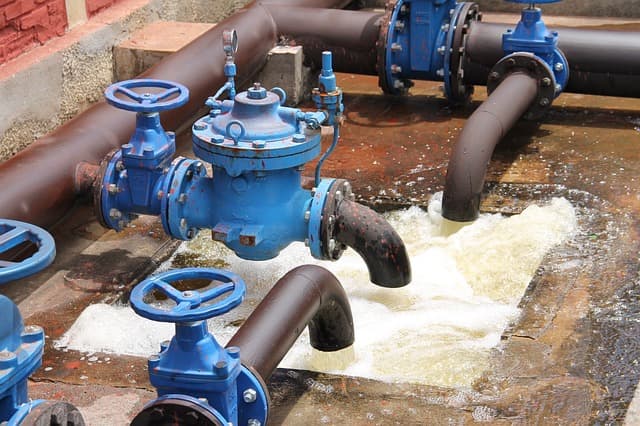Water resources management in North American megacities is one of the key issues facing city authorities and society as a whole. North America, in particular the USA and Canada, is characterized by a variety of climatic conditions and geographical features that have a significant impact on the availability and management of water resources.
One of the major challenges of water management in megacities is to ensure a sustainable water supply for a growing population and economic activity. In this regard, megacities are developing comprehensive water management strategies that include various aspects such as water supply, wastewater, surface water and groundwater.
Water supply is one of the most important challenges facing megacities. In regions with limited water resources, such as the west coast of the United States or certain areas of Canada, it is important to develop efficient water supply systems that can provide a continuous, affordable, quality drinking water supply to the population. This can include the use of a variety of water sources such as surface water bodies, groundwater sources, and wastewater recycling.
Wastewater management is also an important aspect. Water resources contaminated by various industrial and domestic effluents require appropriate treatment and purification to prevent contamination of water systems and to protect the environment. Megacities are developing advanced wastewater treatment systems, including mechanical, chemical and biological treatment, as well as wastewater reuse systems.
The management of surface and ground water is also a critical aspect. Megacities must control water flows, prevent floods, conserve aquifers, and maintain ecological equilibrium in aquatic ecosystems. This can include building reservoirs, ponds, and canals to manage water flows, as well as regulating groundwater use and protecting aquifers.
To successfully manage water resources in North American metropolitan areas, it is also important to consider climate change. Climate change can lead to an increase in extreme weather events, such as droughts or heavy rainfall, requiring a more flexible and adaptive approach to water management.
Many megacities in North America are actively collaborating with research, community organizations, and other stakeholders to develop innovative water management technologies and strategies. This includes implementing state-of-the-art monitoring systems, using effective management practices, and sharing experiences with other megacities to effectively address water issues.
Overall, water management in North America’s megacities is a complex and multifaceted process that requires an integrated approach, consideration of climate change, and collaboration among various stakeholders. The need for sustainable use of water resources and access to clean drinking water remains a top priority for megacities in North America.



